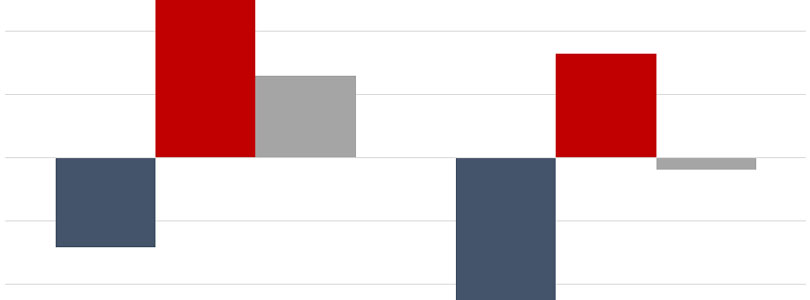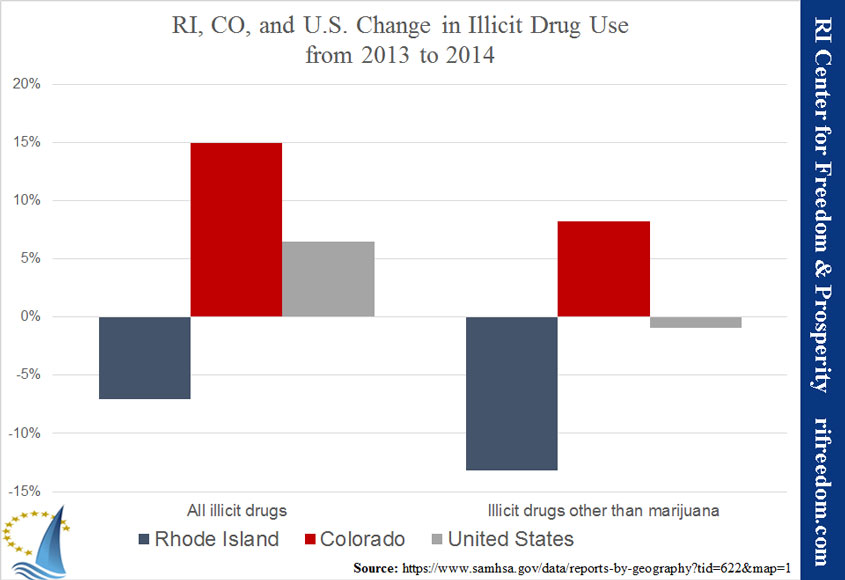Lawmakers Like Calkin Too Breezy About Potentially Deadly Effects of Pot Legalization
WPRI’s Newsmakers show this past weekend had as guests newly elected Republican Representative Kenneth Mendonca (Middletown, Portsmouth) and Democrat Senator Jeanine Calkin (Warwick). Asked about legalizing marijuana, Mendonca expressed opposition, citing challenges for users when it comes to passing federally mandated drug tests for some jobs. Calkin takes the side of supporters. At around the 19 minute mark, she asserts that “if you take a look at the states that have already legalized marijuana, some of the issues that people had haven’t seemed to come to fruition.”
As this issue gains momentum during the new legislative year, Rhode Islanders should be wary of such vague assertions. Arguments about legalizing marijuana arise from a variety of angles, but if we’re going to talk data, we need to be clear, and we need to take the debate more slowly, to allow trends to emerge.
For instance, data from the the Family Prosperity Initiative shows that Rhode Island led the country in illicit drug use as a percentage of the population as of 2013. Not surprisingly, the relevant chart shows a huge upswing since the state legalized medical marijuana in 2006. However, with Colorado legalizing pot for recreational use at the end of 2012, the Rocky Mountain High staterocketed ahead by this measure in 2014. Whereas Rhode Island saw a 7% decrease in the number of drug users from 2013 to 2014, Colorado experienced a 15% increase, compared with a national average increase of 6%.
Of course, we must consider that these are federal numbers, so marijuana is included as an “illicit drug,” making Colorado’s results seem obvious. But if we look at the data for all illicit drugs other than marijuana, the comparative results are similar. Rhode Island dropped 13% from 2013 to 2014, and the U.S. average dropped about 1%, but Colorado saw an increase of 8%.
Of course, it must be said that this is a shallow dive into a single data point, but it does raise legitimate concerns that legalizing marijuana at this point in time would draw thousands of Rhode Islanders toward life-ruining addiction to hard drugs. To put a number on it, 6,400 more Rhode Islanders would fall into non-pot illegal drug use in the first two years of pot legalization, if Colorado’s experience of a nearly 20% increase holds, here. Applying overdose data suggests that Rhode Island would see 48 more deaths each year.
Again, this does not constitute a comprehensive argument, but the burden for disproving the numbers or arguing that the ruined lives and deaths are overbalanced by some other benefit falls on those who support changing the law. For my part, I’d restate my view that those who want to change the law to increase access to mind-altering drugs should look first toward building a more moral, family-oriented society in Rhode Island, one in which fewer people would be inclined to use and abuse drugs in the first place and would have stronger family and community relationships to act as a safety net when they fall.
See here for a follow-up post on this topic.



